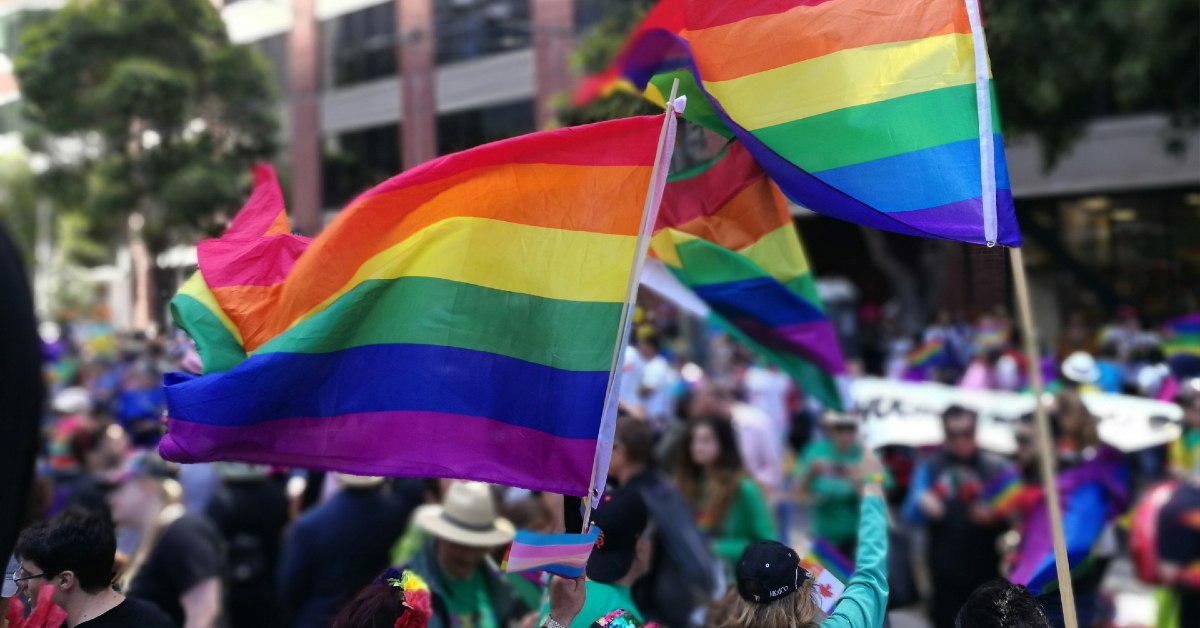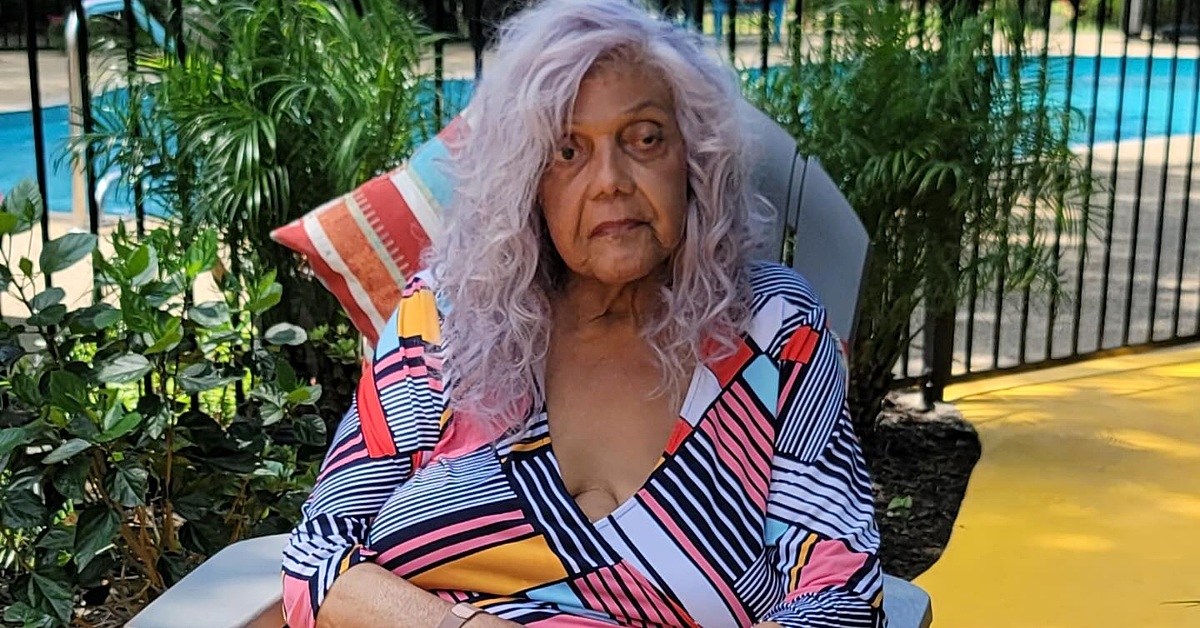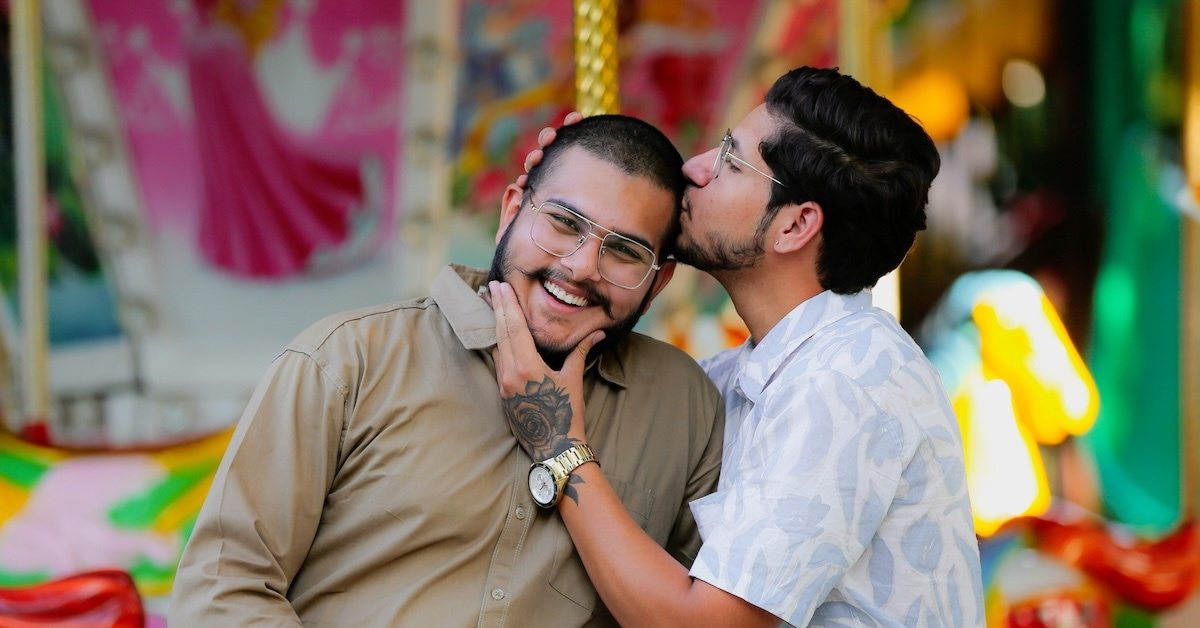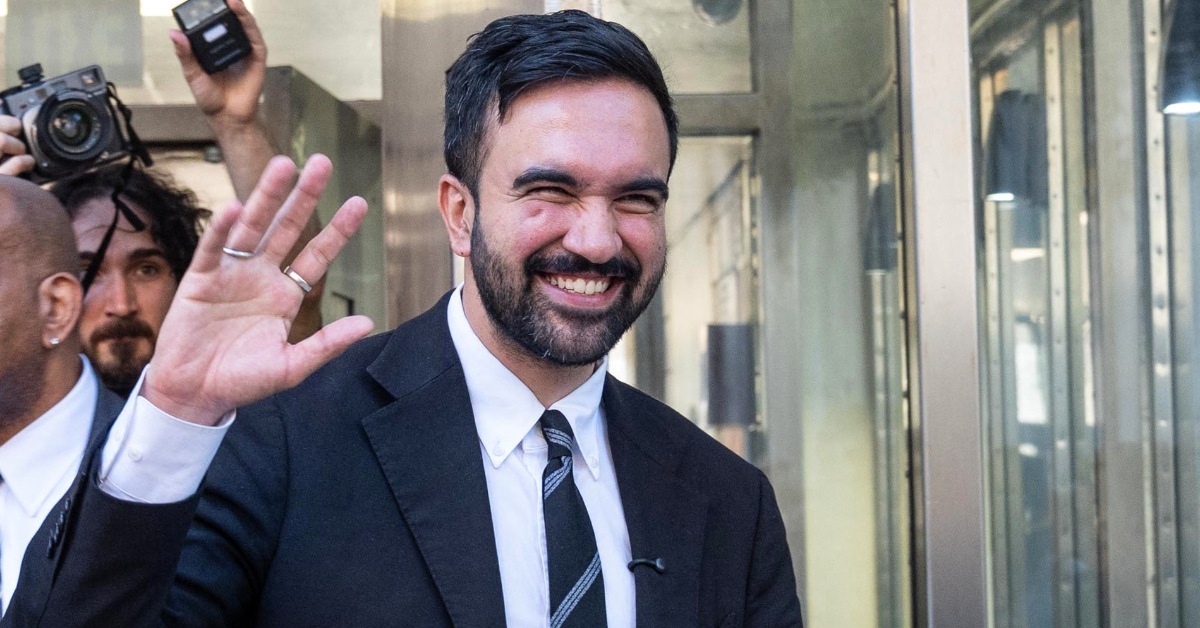BY: Walker
Published 4 years ago

Tiffany Cross has built a strong reputation for being candid about people and social issues on her MSNBC show The Cross Connection. During her show this past weekend, the host decided to get candid about herself and her personal battle with fibroids in recent years.
via: People
The host of Cross Connection, 42, dedicated a portion of her show on Sunday to discussing her experience getting diagnosed with, and treating, her fibroids, a common and painful condition where noncancerous growths form on the uterus.
“For years I lived with intense debilitating and shooting pain,” Cross said. “I endured extremely heavy periods and despite my best working out efforts I had a constantly protruding stomach. After hours in an emergency room one day after convincing doctors that there was actually something wrong with me, I discovered that what I was dealing with was not so uncommon at all. Just like more than 25 million other women, I had fibroid tumors.”
Cross had hoped that she could just live with her “five grapefruit-sized” tumors “and maybe the pain would go away, but it never did.” Instead, she developed other symptoms, like hair loss, which pushed her to finally address the condition.
The journalist learned that she had two options — a surgeon could cut around the fibroids as a temporary fix that would enable her to still have children before undergoing another surgery, or she could get a full hysterectomy.
“They could remove my uterus entirely and the fibroids and painful periods would be gone. But so too would my ability to carry children,” Cross said. “I was already over 40, I wasn’t married and I had never met this baby I was supposed to have. So, was I to live with pain, go bald and slice my body in half twice? I made the decision that was best for me and opted to have a full hysterectomy.”
Cross said the process was still more complicated — she wasn’t yet employed full-time, so she didn’t have health insurance. She ended up enrolling in Obamacare and had the surgery as soon as it took effect.
She also found that hysterectomies are recommended to Black women more often when there are other, less intrusive options that don’t leave as much of a scar, something that has bothered Cross.
“I had a scar as a result of the hysterectomy, and I was so ashamed about it and self-conscious about it,” she said. “And how I knew this problem was so prevalent is because, you know, when other women I would talk to them they would say, oh, let me see your scar. Look at my scar.”
Cross encouraged women to see their doctors if they’re dealing with uterine pain.
“Like I said, everybody’s different. I had five grapefruit sized fibroids that had to be removed. Some people have smaller more or less, so everybody’s different,” she said. “Please talk to your healthcare professional.”
Almost a quarter of Black women between the ages of 18 to 30 get fibroids, while only six percent of white women in the same age group get them, according to a report by the University of Michigan Health Department. For Black women, the percentage goes up to 60 percent after the age of 35.










